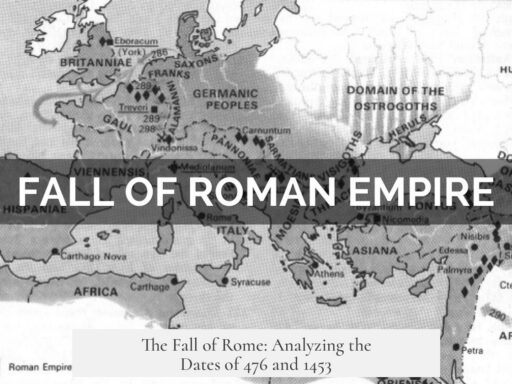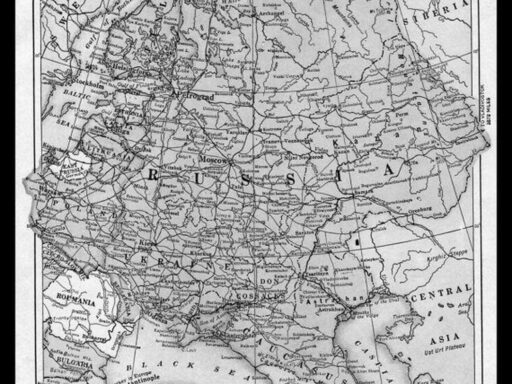Tony Judt’s Postwar is viewed today as a significant and influential work in European history, widely respected for its narrative scope despite some notable criticisms.

When published, Postwar received strong praise for its ambitious coverage of Europe’s history after 1945. Judt crafted a sweeping account that covered political, social, and economic aspects with rare clarity and insight from a master historian. This commendation has only grown, partly due to the tragic circumstances surrounding Judt’s death and the enduring relevance of his interpretations.
However, scholars note uneven treatment of topics and regions. For example, Britain’s history is discussed extensively, receiving roughly four times the attention compared to a country like Spain. The periods immediately following World War II (1945-50) and the end of the Cold War (1989-91) are given particular emphasis, while the years in between receive less focus. This unevenness affects the balance of the overall narrative.

Judt’s central argument—that post-1945 Europe’s history cannot be understood without the shadow of 1939-45—faces challenges today. The contemporary European context includes migration crises and shifting economic paradigms, such as the decline of neoliberalism, which may not be fully anticipated in Judt’s framework. This shift invites fresh perspectives that extend beyond the Second World War and Cold War influence.
The book’s academic style has drawn criticism for lacking a traditional scholarly apparatus. Judt opted not to include a printed bibliography and promised online reference notes, which never appeared. This decision complicated its use as a reference work and contributed to Postwar missing awards like the Pulitzer Prize, according to some judges. Still, many attribute this flaw to Judt’s illness before his death.

- Political biases arise in the text, as Judt offers a left-leaning interpretation emphasizing the value of statism and social democracy, particularly in supporting European integration.
- The work draws critique for not addressing issues like the so-called “Islamisation” of Europe, which some reviewers expected to see explored.
- Judt defended Postwar as an intentionally opinionated, personal interpretation of history.
Despite critiques, Postwar has established itself as a classic among contemporary history books on Europe. It appears regularly in academic syllabi and popular histories. Responsibility for further revisions may be limited due to Judt’s early death, preserving the book in its current form.
| Key Takeaways |
|---|
|
How is Tony Judt’s ‘Postwar’ Seen Today?

First things first: Tony Judt’s ‘Postwar’ is broadly held in high regard by historians and readers alike even now, many years after its publication.
Why? Because Judt was no ordinary historian—he was a master storyteller whose final months, spent battling a cruel illness, only added to the heroic aura surrounding his work. His death, as noted by The Guardian, was truly horrific, and this human element gives his scholarship a lasting poignancy and respect. In short, Judt’s ‘Postwar’ remains a cornerstone in understanding post-World War II Europe.

But as with any influential work, it hasn’t escaped criticism or debate.
The Initial Fan Mail: Scholarly Yet Accessible

When ‘Postwar’ first hit the shelves in 2005, the reception was glowing. Critics appreciated the sweeping narrative that knitted together the fractured story of Europe after 1945. It was unusual—a scholarly book that lacked the typical academic trappings like exhaustive footnotes and a formal bibliography.
This choice made the book more approachable to a wider audience but irritated some scholars expecting traditional referencing systems. Ironically, the bibliography ended up as a long reading list, not a precision tool to verify claims—a decision that later limited its academic appeal.

What Did the Critics Say?
- Uneven Coverage: The book’s breadth became its occasional weakness. Judt spends four times more ink on Britain than on Spain, for instance. Certain time frames—1945-50 and 1989-91—also get heavier coverage than other equally important years.
- Core Thesis Questioned: Judt’s fundamental idea—that everything between 1945 and the later 20th century flows out of WWII and the war years—is today less compelling. Today’s Europe grapples with migration, economic shifts, and the decline of neoliberalism, themes that seem more urgent than the Cold War context.
- Lack of Academic Apparatus: Judt’s decision to omit a full set of reference notes and post them online (where they never appeared) remains controversial. This, coupled with his use of archival material, made some scholars uneasy. This is a rare wrinkle in a book otherwise praised for its narrative clarity.
- Political Angle: Judt openly leans left, championing state involvement and social democracy as solutions. This approach drew ire from some quarters, especially as integration and policy became hot topics.
- Omitted Topics: His failure to seriously engage with what some reviewers called the “Islamisation of Europe” was noted. Judt defended this by emphasizing his work as a personal interpretation, an “opinionated” take on history rather than a comprehensive encyclopedia.
These critiques do not wholly diminish the book. They rather underline the complexities of writing history at this scale.
Judt’s Legacy and the Book’s Place Now
Despite the hiccups, Postwar has become a classic. Warmly reviewed originally, it still appears regularly in academic syllabi and popular discussions. Judt’s untimely death means revisions without his input are unlikely. This “frozen in time” status perhaps adds to its mystique—it’s a snapshot of postwar Europe from a remarkable mind, human and flawed.
Additionally, as Europe faces new challenges outside Judt’s original framework—like migration crises and growing nationalism—readers find value in juxtaposing his narrative against today’s realities. It sparks questions: Can history be reinterpreted? Should we rely on a WWII lens to understand today’s Europe? How do Judt’s ideas about social democracy hold up in 2024?
In many ways, ‘Postwar’ serves as a foundational reference, inviting debate and fresh perspectives rather than offering simple answers.
Why Read ‘Postwar’ Today?
For anyone fascinated by European history, this book remains a must-read. It provides:
- A compelling narrative: Judt’s storytelling keeps complex history engaging.
- Insightful political commentary: His left-wing perspective challenges readers to question governance and societal structure.
- Historical context: It frames modern Europe against the backdrop of the 20th century’s most turbulent decades.
Moreover, it’s a reminder that history is never static. It evolves as new events reshape how we interpret the past. Judt’s narrative, though imperfect, offers a rich starting point for these conversations.
Final Thoughts
“History is opinion, and opinionated history is unavoidable,” Judt once admitted.
This honesty explains why ‘Postwar’ feels personal—it’s a historian’s heartfelt interpretation rather than an objective recitation. Its enduring popularity proves that stories matter, even if scholars wish for more footnotes.
So, if you wonder how Tony Judt’s ‘Postwar’ is seen today, the answer is that it’s a deeply respected, sometimes contested masterpiece. A work that continues to challenge, provoke, and inspire those curious about Europe’s journey from ruins to modernity.




